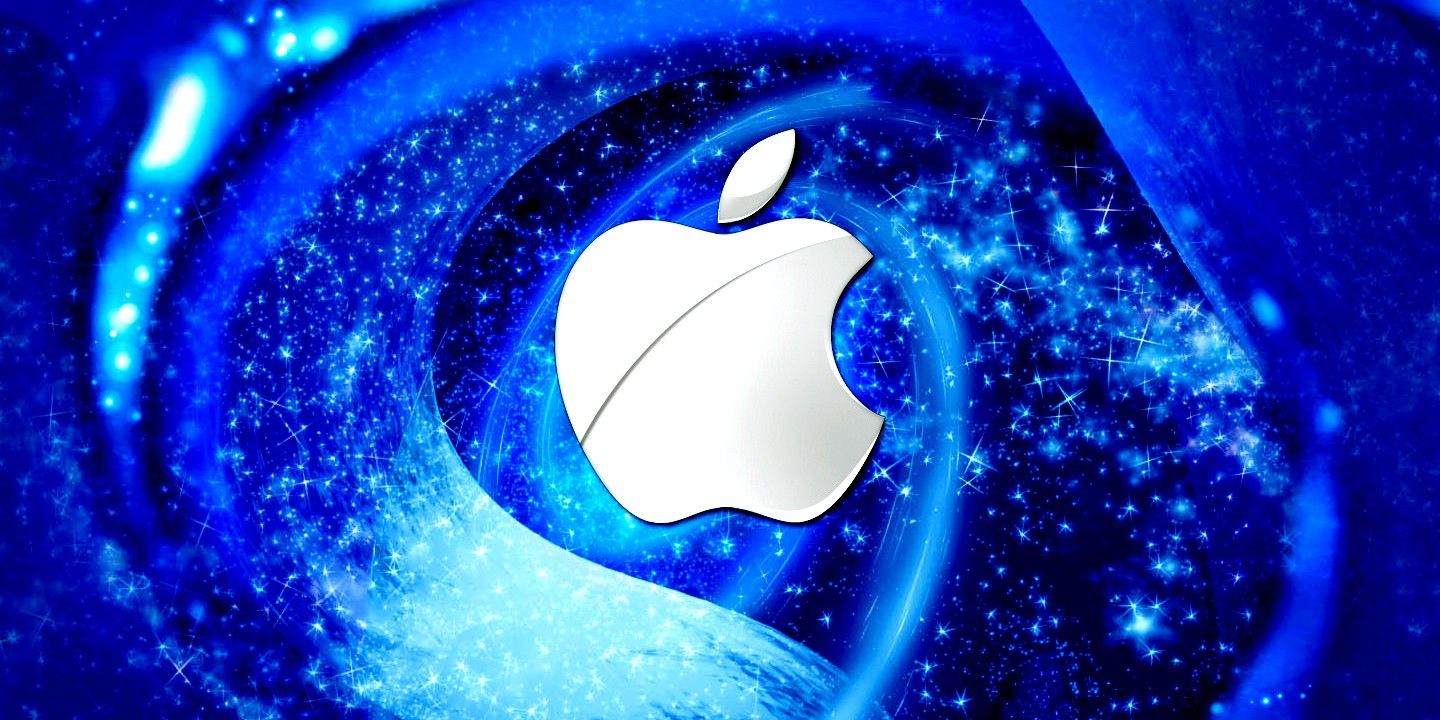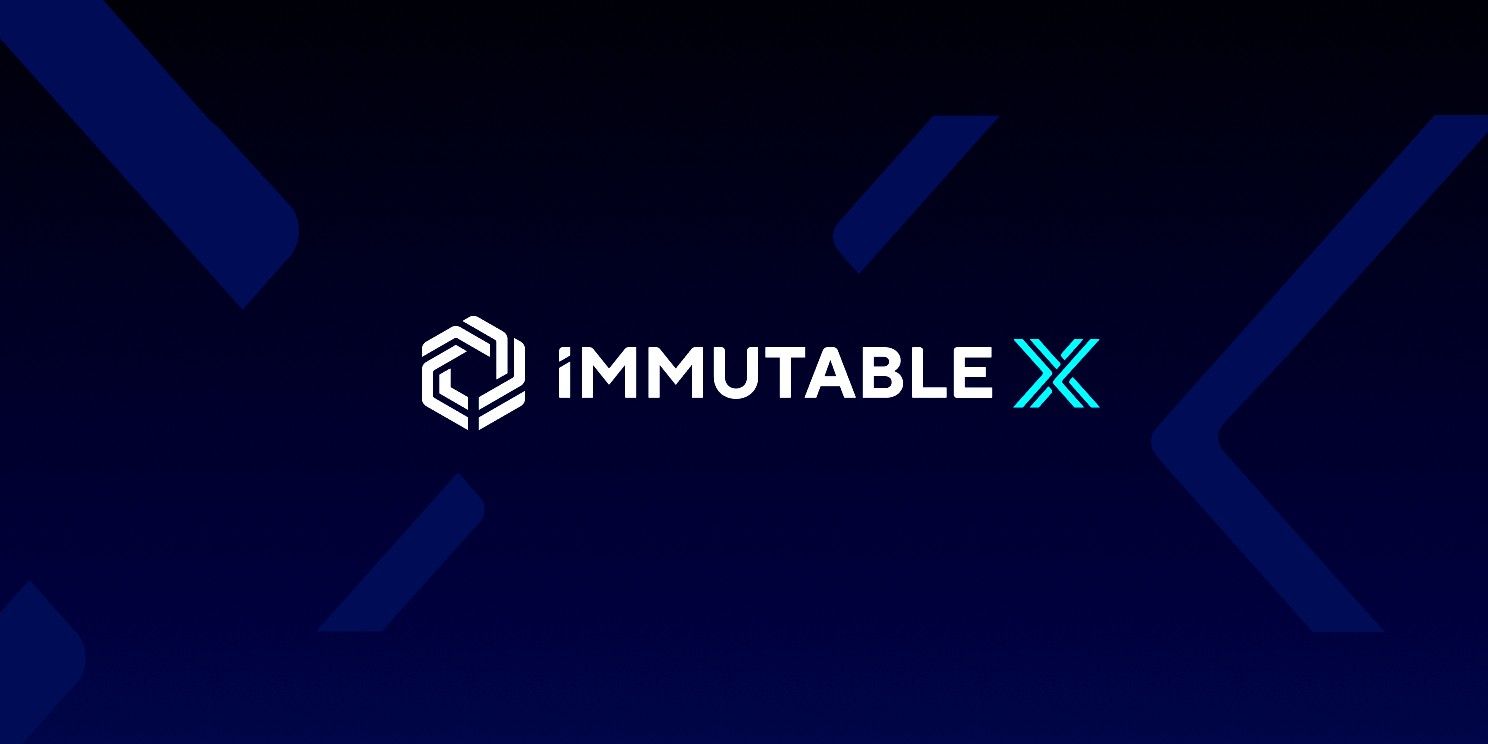
Apple’s terms impose a 30% tax on all NFT sales made through App Store apps, provoking mixed reactions from both the Web3 and Web2 communities.
Apple is requiring a 30 percent commission on all NFT trades made through apps listed in the App Store, and a recent article highlighting this policy has sparked a flurry of angry articles across the Web3 space. Apple does not accept cryptocurrency payments, nor does it provide the ability to denominate NFTs in their native cryptocurrencies, making NFT listing and trading very difficult.
There is nothing new with Apple’s 30 percent tax on App Store purchases, as it is a huge piece of its multi-billion dollar business model, albeit a controversial one. However, Apple also has a bitter history with NFT-related apps, such as having to remove Play-To-Earn (P2E) NFT games under South Korean regulatory pressure, or banning crypto wallet apps that manage NFTs. However, Apple’s customer base numbers over 1 billion users, and listing an app on the iOS App Store provides a major source of traffic for many companies and startups, which can offset the 30 percent commission with the right business models.
A recent article from The Information sparked controversy across the Web3 industry, detailing how Apple’s decision to soon permit NFT sales with its standard 30 percent sales tax presents a severe roadblock to NFT startups. While a court ruling last year required changes to payments to allow links to off-platform payment channels, this just means that apps can direct users off-platform to make payments. However, this may not be useful for NFT trading. Because Apple will not accept cryptocurrency payments and requires all item listings be denominated in dollars and paid in fiat, NFT marketplaces are faced with the obstacle of having to build additional infrastructure to support Apple’s payment system, and NFT dollar prices are constantly changing due to cryptocurrency volatility. Not all Web3 commentators are against this policy though, as Apple’s reach extends to over 1 billion users and any kind of Web3 apps on its store could accelerate mass-adoption, and a 30 percent commission to Apple is better than being banned from the App Store.
Few Blockchains Can Scale To Meet Apple’s User Base
Onboarding 1 billion Apple users to Ethereum at this time would be catastrophic for Ethereum’s blockchain gas fees, even if only a fraction of them were to use NFTs. Fortunately, Ethereum’s popular NFT marketplace OpenSea uses the Immutable X scaling solution to facilitate gas-free trading, which claims to support up to 9,000 transactions per second and could potentially handle the volume of demand for NFTs on an iOS app. However, if any NFT app built on a ‘Layer-1’ blockchain (i.e. Ethereum or Solana) were to become popular enough, it could severely harm the user experience of blockchain technology by sending gas fees “to the moon.“
It is possible that Ethereum’s blockchain competitor Solana could handle the transaction volume without suffering a gas fee crisis, but Solana is notorious for crashing when it becomes overloaded with spam transactions. Also, Solana’s most popular NFT marketplace Magic Eden pulled NFT purchase functionality from its iOS app in protest of the 30 percent commission policy, though browsing the marketplace is still functional. Ultimately, it is more likely that any NFT-related app or game that succeeds under Apple’s policies will have to be built from the ground up around those policies, and existing NFT marketplaces cannot do that.
While many in the Web3 community are outraged at being given the same controversial treatment that all apps on the Apple App Store are given, not everyone is angry at Apple finally green-lighting NFT sales over iOS apps. Unfortunately, NFTs are still too misunderstood and under-developed to be selling to Apple’s Web2 customer base, many of whom perceive NFTs and cryptocurrencies as scams. Even if Apple wasn’t imposing harsh policies on iOS developers, a popular iOS NFT app that isn’t built on Immutable X or another gas-free blockchain could potentially render its native blockchain unaffordable for everyone else. However, if scaling problems can be avoided, a popular NFT-based app on Apple‘s App Store could actually be invaluable for Web3 mass-adoption, provided it is designed around the 30 percent opportunity cost that hinders most startups.
Source: The Information
This news is republished from another source. You can check the original article here


Be the first to comment